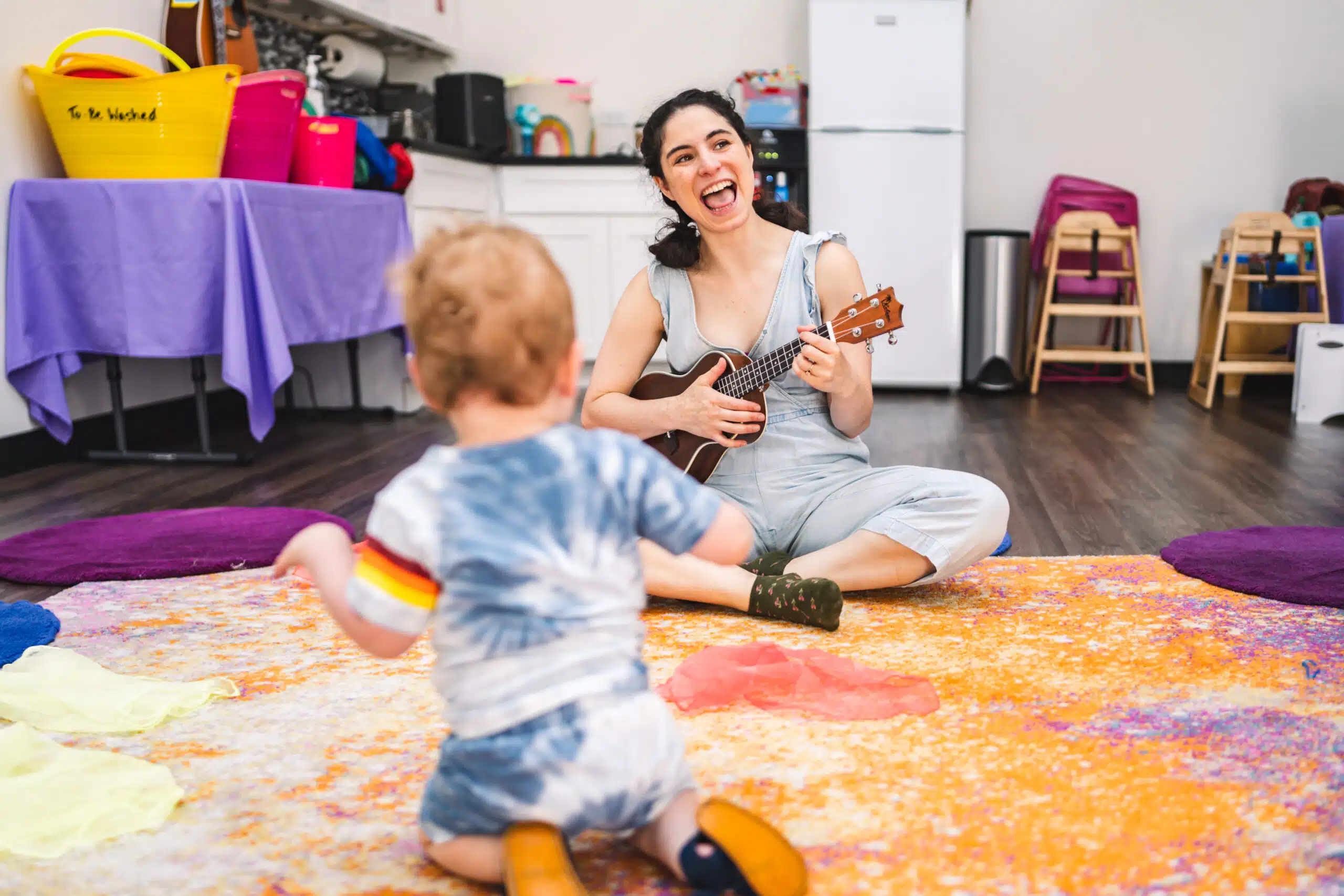Taking to the stage for a piano recital can be both exhilarating and nerve-wracking. For many, the stress associated with public performance can be overwhelming, often leading to jittery hands and anxious minds. While this performance anxiety is not uncommon, allowing it to dominate the stage can hinder a pianist’s potential. This is true for all performers, including those enrolled in piano lessons for kids and adults. Here, we discuss strategies to help you keep those nerves at bay and deliver a memorable recital.
Understanding the Physiology of Anxiety
Anxiety manifests in physical symptoms, such as sweaty palms and a racing heart, because of the body’s natural ‘fight or flight’ response. The initial step in overcoming performance anxiety is to understand why your body reacts the way it does. Once you grasp the physiological elements of anxiety, it’s easier to employ calming techniques. Deep breathing exercises and muscle relaxation techniques can go a long way in settling your nervous system.
Preparation is Key
Nothing fuels anxiety more than the fear of being underprepared. Thorough preparation is crucial for confidence. Start by mapping out a practice schedule weeks or even months before your recital. Structured practice sessions allow you to steadily build proficiency and provide ample time for fine-tuning your pieces. Knowing that you are well-prepared will considerably boost your confidence and reduce anxiety.
Visualisation and Mental Rehearsal
Visualisation is a powerful tool to combat performance anxiety. Find a quiet space to sit and close your eyes. Imagine walking onto the stage, sitting at the piano, and delivering an outstanding performance. Hear the applause and feel the success. This mental rehearsal sets a positive expectation and can significantly help ease nerves before your recital.
The Role of Mindfulness
Mindfulness is the act of being fully present and engaged at the moment, and it’s incredibly effective for reducing anxiety. In the context of a piano recital, being mindful means focusing solely on the music, the touch of the keys, and the expressive power of the piece you’re performing. Avoid thinking about the audience’s judgement or potential mistakes. By fully immersing yourself in the music, you not only offer a better performance but also manage anxiety more effectively.
A Supportive Pre-Show Routine
Consider developing a pre-show routine that includes activities to calm your nerves. This could be anything from a warm cup of herbal tea to a brief meditation session or even a quick call to a supportive friend or family member. The aim is to choose activities that you personally find calming and incorporate them into a ritual that you can rely on before every performance.
Conclusion
Performance anxiety is a challenge faced by many pianists, regardless of their level of expertise. While taking piano lessons for kids or as an adult can certainly equip you with the technical skills needed, overcoming anxiety often requires a more nuanced approach. By understanding the underlying physiology, preparing thoroughly, employing visualisation and mindfulness techniques, and adopting a pre-show routine, you can step onto the stage with greater confidence and deliver a recital that reflects your true capabilities.

